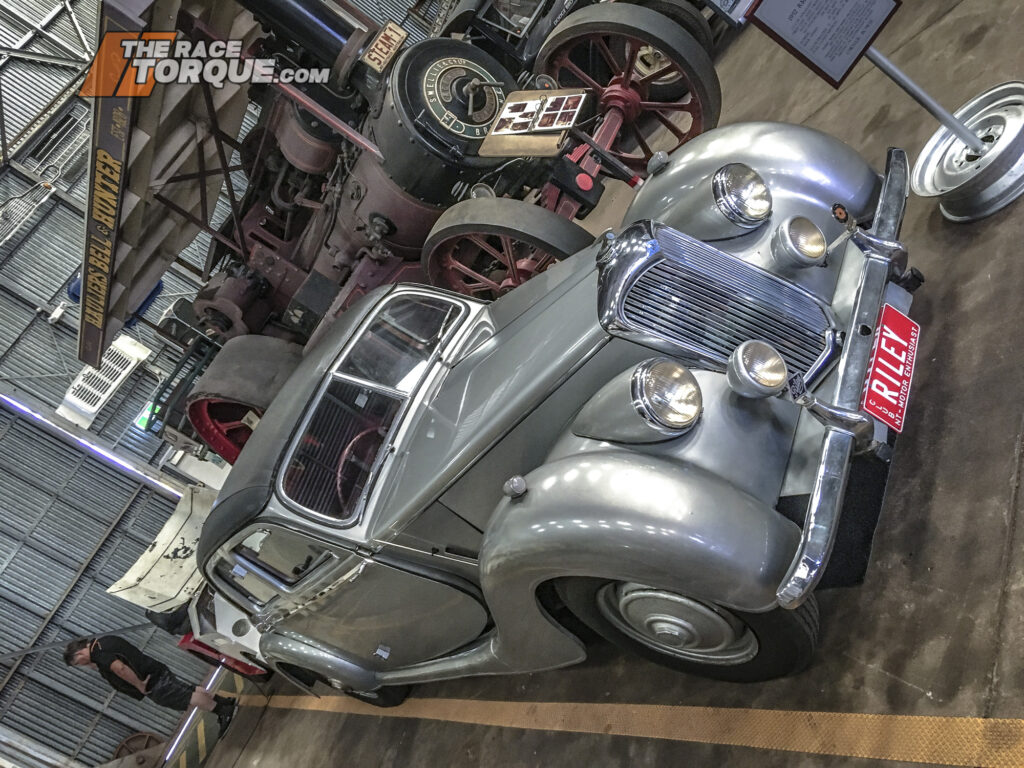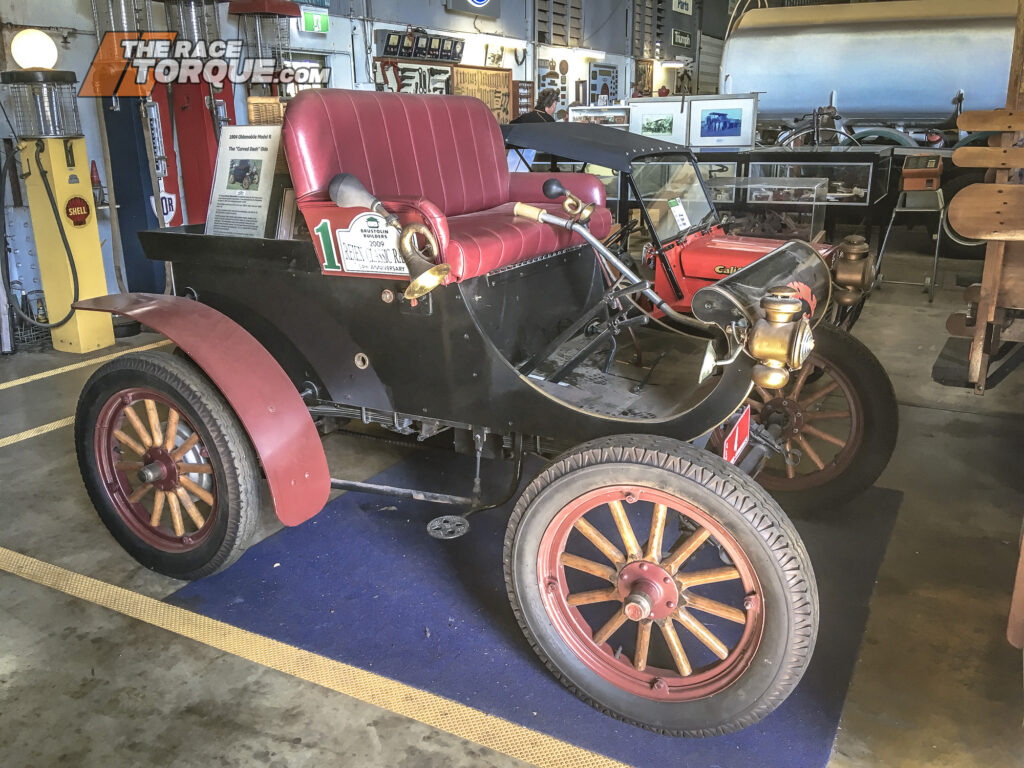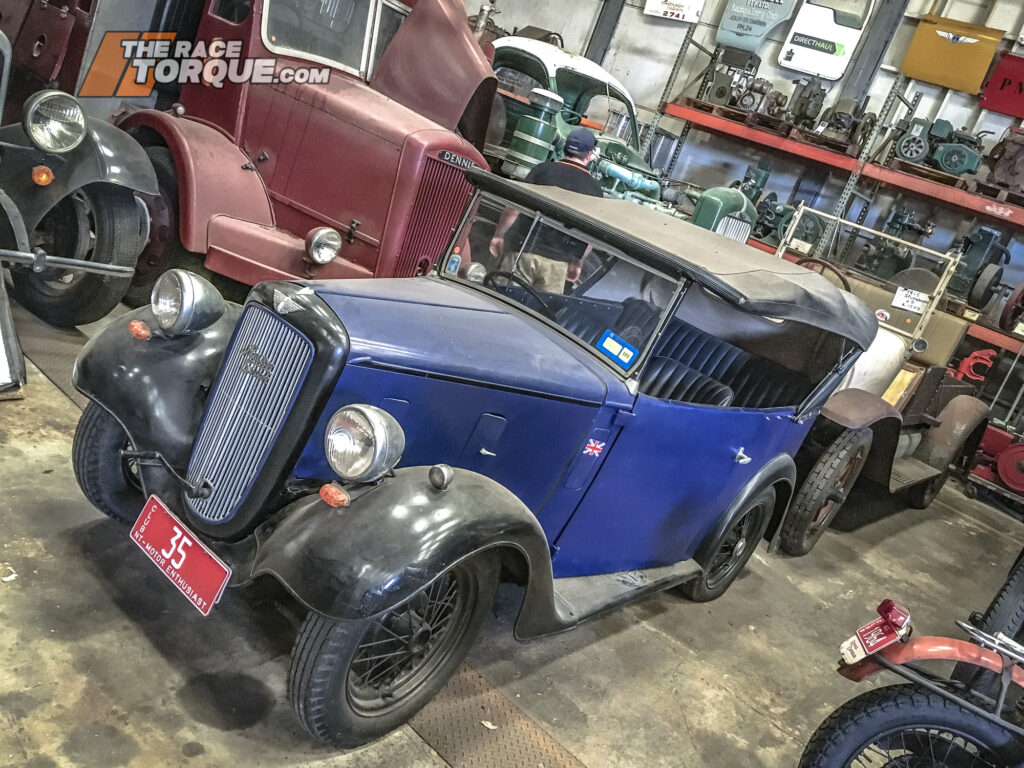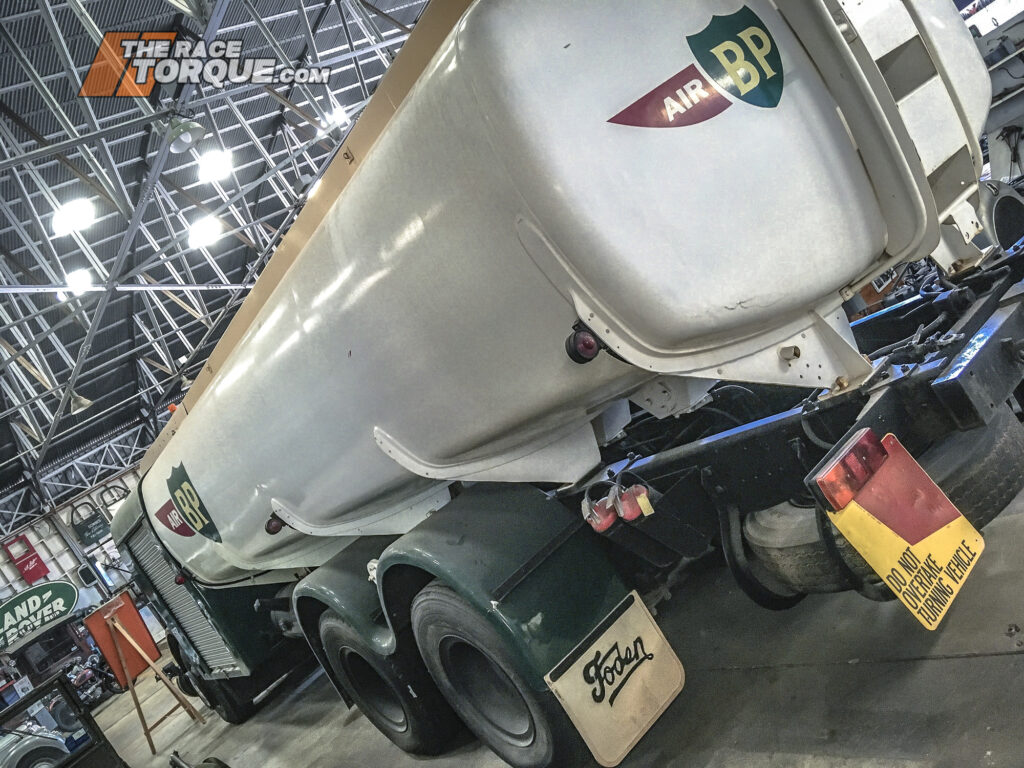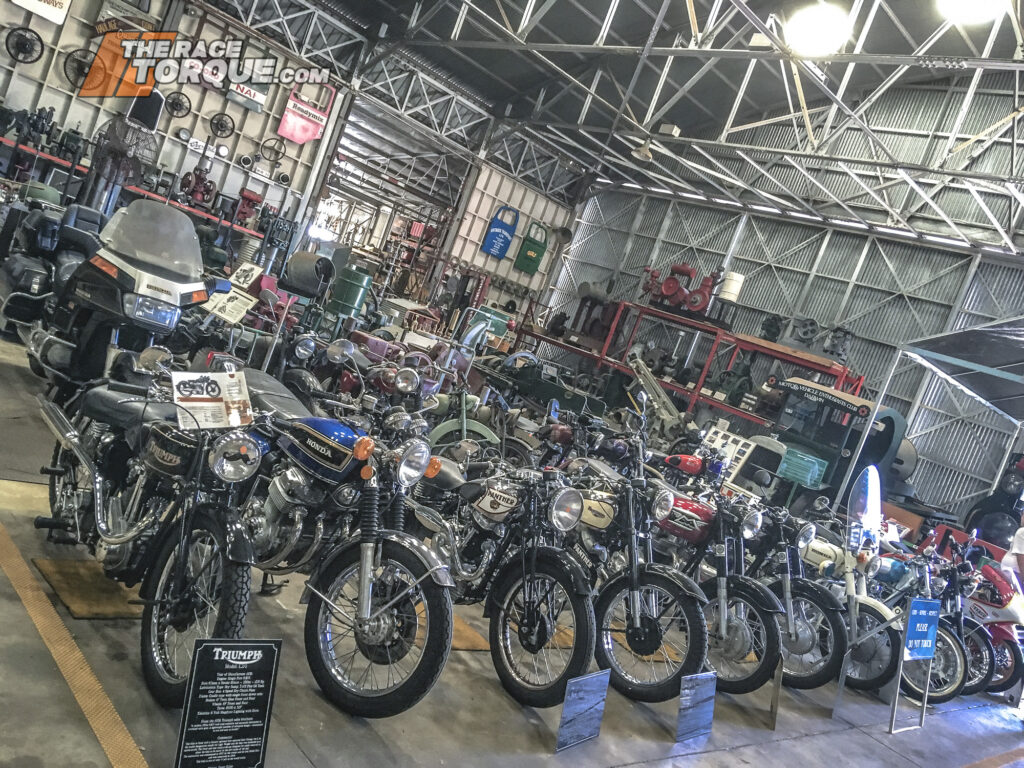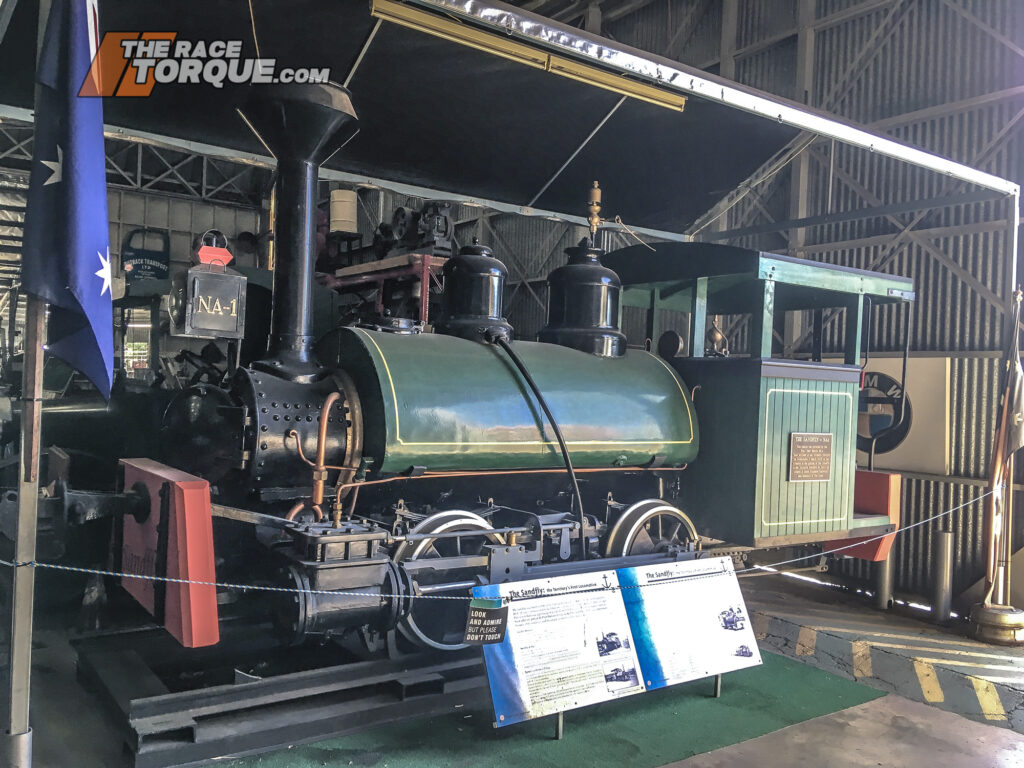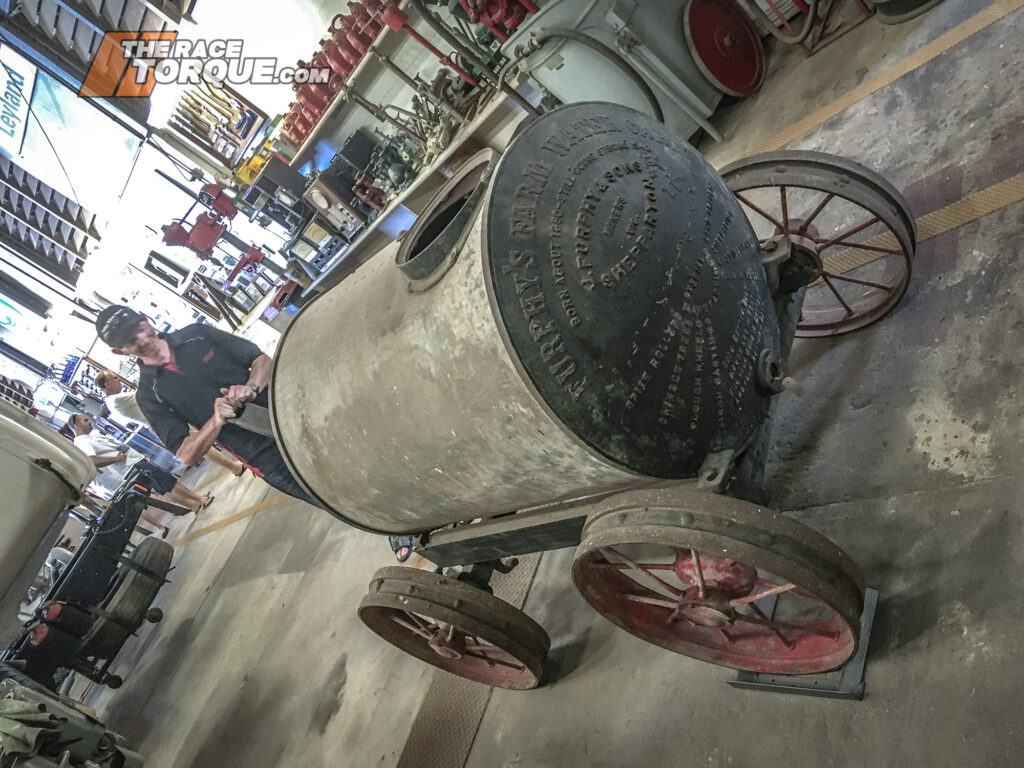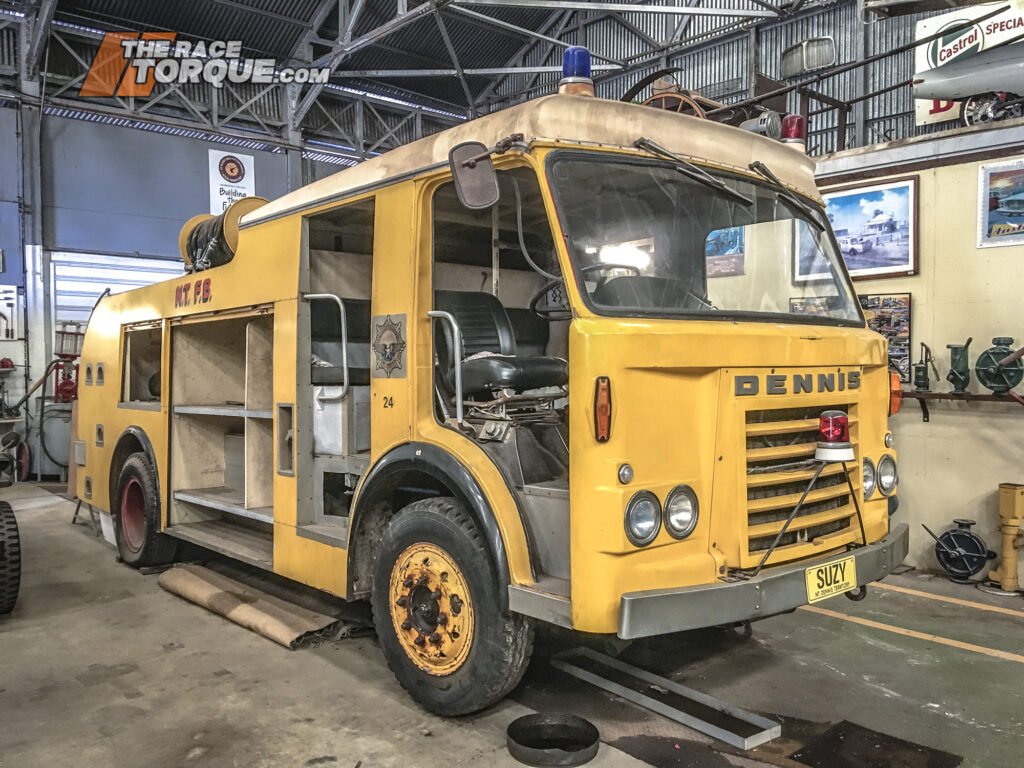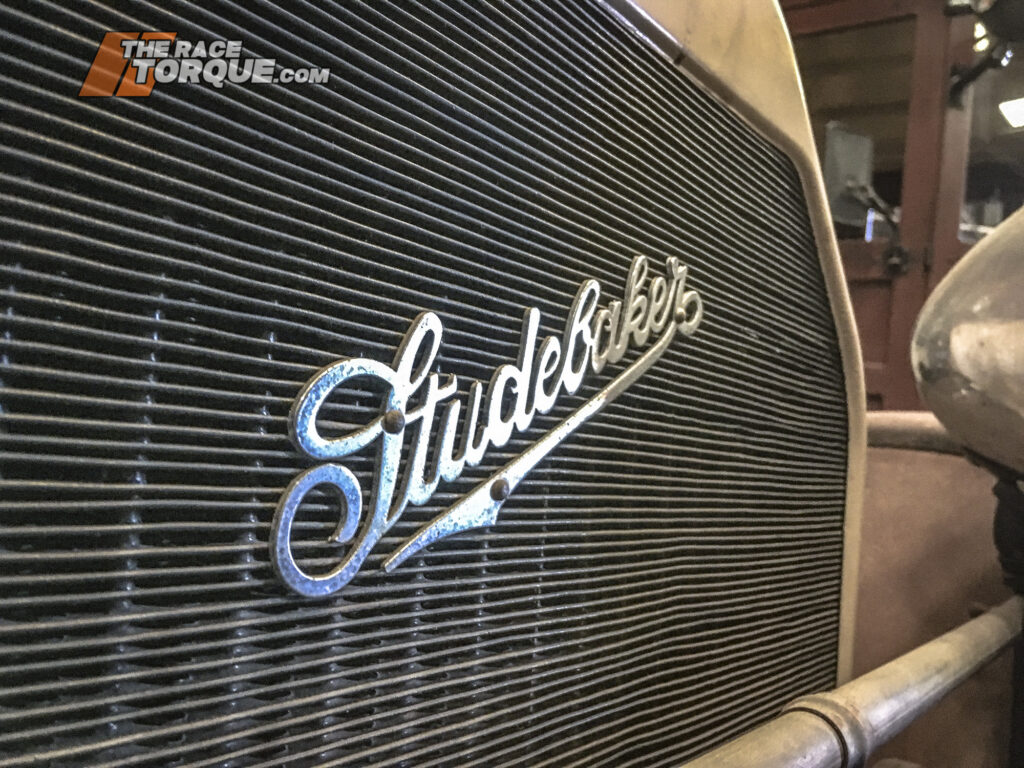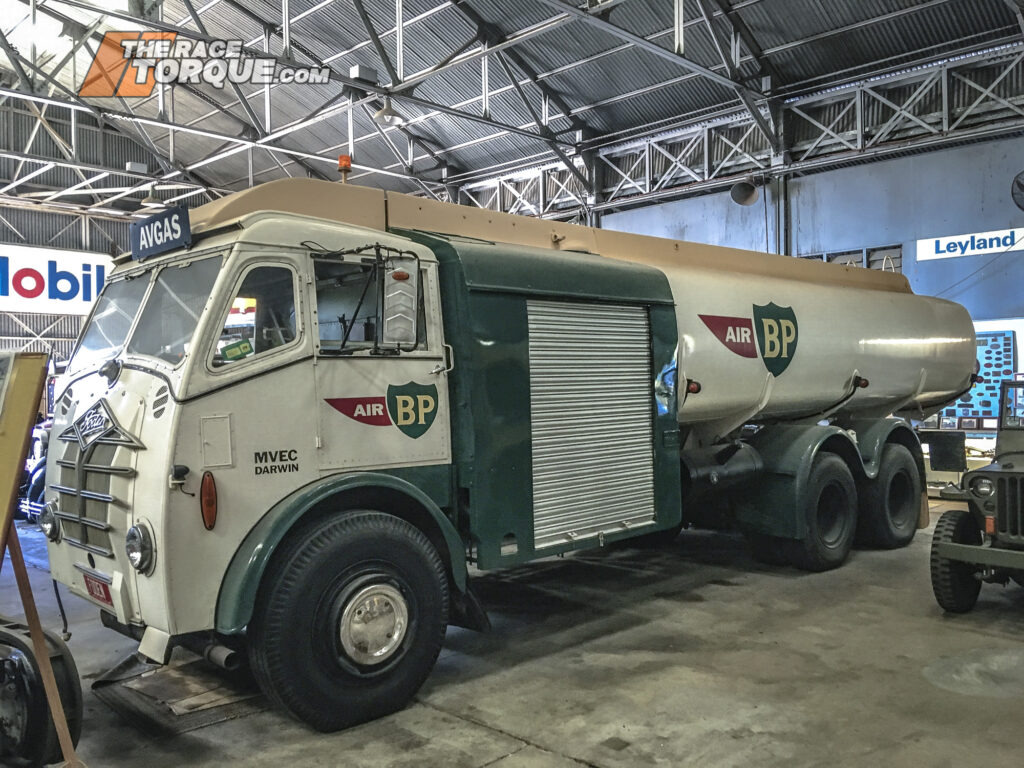Darwin’s Best Kept Motoring Secret
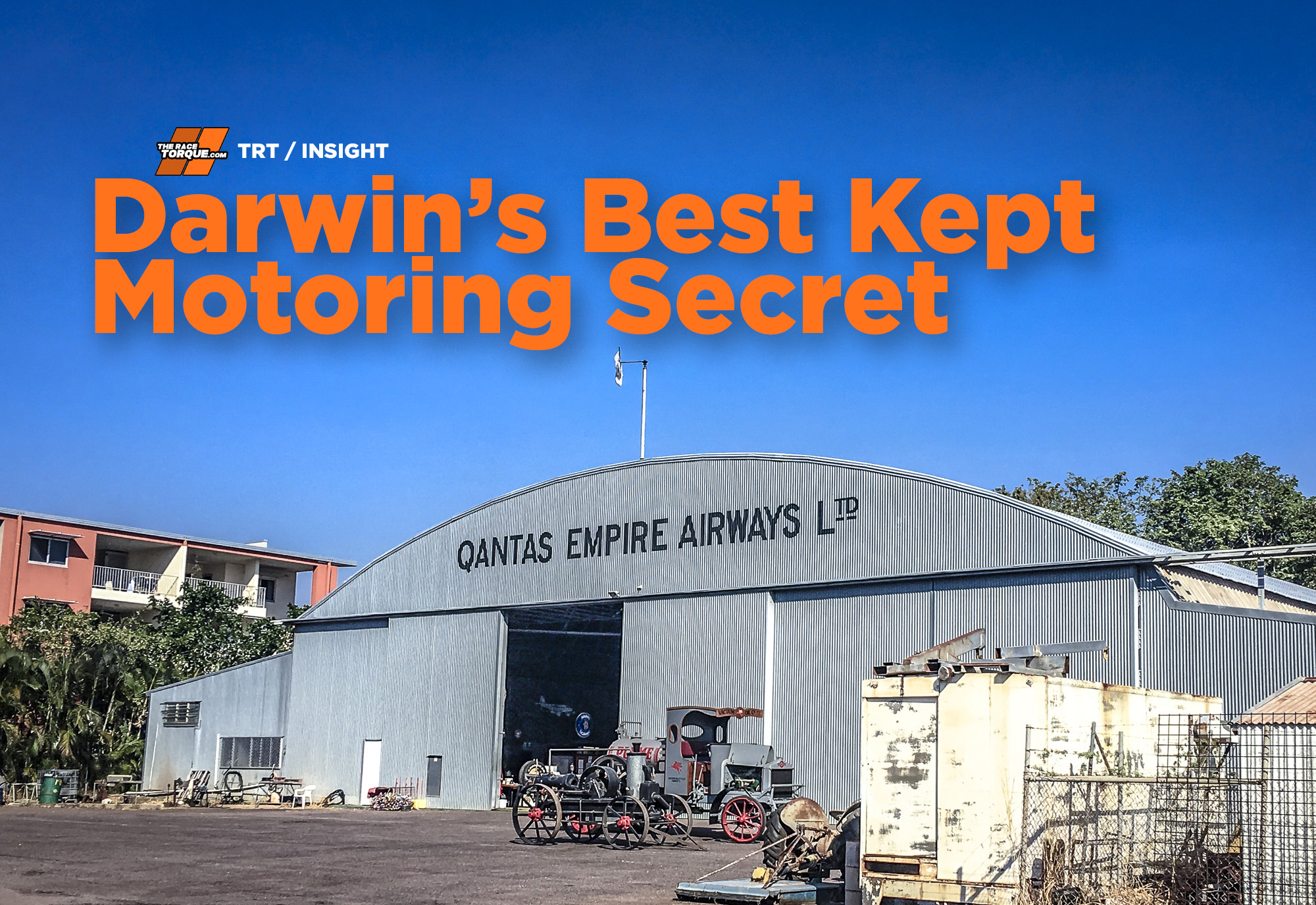
You may have noticed that here at The Race Torque, we are massive fans of destination Darwin.
Editor Craill has noted that Darwin is “one of the best events of the year”, while the author of this article has previously listed “ten things I love about Hidden Valley,” so it’s reasonable to assume that we are primed for the Supercars’ circus annual migration north this weekend.
As mentioned in the links above, there are some real Easter eggs hiding in plain sight around Darwin for visitors who extend their visits beyond race day.
Take for instance the Darwin Military Museum, which regales stories of the city’s invasion from the north, or the Museum and Art Gallery of the Northern Territory, which delves into the local history, including a feature on the ruins left behind by Cyclone Tracy, which bangs home how harsh life can be in the tropics.
For those with a serious mechanical bent, like us, you will no doubt appreciate the Darwin Aviation Museum, which can be found on the opposite side of the airport to the commuter arrivals terminal.
Amongst the various relics and artifacts, there are 19 civil and military aircraft on display, ranging from the ginormous B52 bomber, the F-111C, a B-25 Mitchell Bomber, and a crashed Mitsubishi Zero, which survived Pearl Harbour, but was taken down during the first Darwin raid, amongst others.
Back towards the city is a treasure trove of automobilia that can be found housed in an equally interesting structure.
The 1934 Qantas Hangar survived the World War II bombings, plus Cyclone Tracy, and harks back to an era when Darwin’s primary civilian landing strip was Parap Airfield, to the north of the current day goliath commercial and military installation.
To give you an idea of the orientation of the Hangar, the runway was along the current alignment of the adjacent Ross Smith Avenue.
Originally constructed to house four Qantas Empire Airways Limited de Havilland DH86 Mail Planes on their last local leg of the Singapore route, the location of the shed somewhat missed the mark, when it was placed 22m too far to the west. Oops!
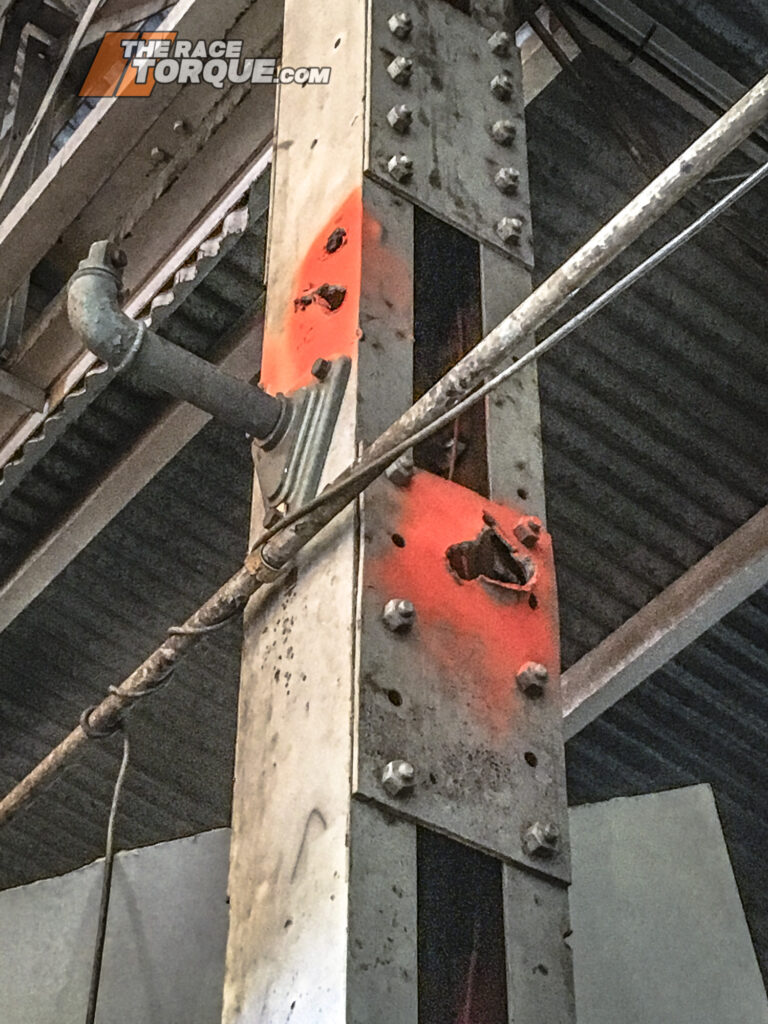

Extensively bombed on the 19th of February 1942, scars of that day can still be witnessed throughout the framework of the building today, above.
Immediate repairs saw the building made watertight once more, with its next tenant being the Allied Works Council, with the airfield closing just after the finish of the War.
The Hangar was subsequently used for a variety of purposes, including as a workshop, up to its ultimate heritage listing.
Since the start of 1999, the Hangar has been home to the Motor Vehicle Enthusiasts Club (MVEC) Northern Territory and its 400 members, who utilise the building to restore and repair their machines in the annexes to the main space.
This website has visited some eclectic collections in the past, and this one is right in the mix.
Featuring vehicles owned by members, some of the continuing fixtures include a range of trucks, including Dennis Eagle fire engines, and early models from the teens and ‘20s, through to the steam traction engine ‘Margaret Rose’ and the 1885 steam engine ‘Sandfly’, which serviced the NT through to 1950, playing a significant role in the development of the area.
The photos on this page date back to 2018, which should give you a feel for the mixed bag of lollies typically on offer, from cars to bikes, engines, assorted equipment and nick-nacks.
The 1934 Qantas Hangar is at 22 Macdonald Street, Parap, and opens between 8am and 5pm on weekdays, plus on Saturday mornings, with admission via a suggested small donation.
Add it to your itinerary, you won’t regret it.
